- 245 Posts
- 625 Comments

 5·3 days ago
5·3 days agosomething something two things are infinite something something universe and human stupidity something something not sure about universe

 10·3 days ago
10·3 days agoHow can a function like this exist without parameters for N and T?

 7·3 days ago
7·3 days agoReactOS is mentioned in the article, it’s a somewhat different approach.

 1·4 days ago
1·4 days agoI use it all the time in web browsers (Firefox/LibreWolf can do it even on Linux). I learned to use computers on Windows (mainly XP), so as far as I’m concerned, that has “always” been a thing, so why would I not use it.

 7·4 days ago
7·4 days agoFormer Windows users who expect that to start scrolling. I remember that happening to me when I was new to Linux.

 1·5 days ago
1·5 days agowot? I thought compiz was fairly well known but maybe I haven’t kept up with what is or isn’t well known nowadays, been using Linux for too long :D
https://en.wikipedia.org/wiki/Compositing_manager#X11_and_Wayland

 57·5 days ago
57·5 days agoI have long found it more useful what the middle mouse button does on Windows (start scrolling) and hope that becomes widely adopted, even outside browsers, on Linux one day too. Good step in that direction.

 1·7 days ago
1·7 days agoAgreed. This is a potential problem, but not an unsolvable one.

 2·9 days ago
2·9 days agoI’ve recently said this in another thread, and I’ll repeat it here: this problem would easily be solved by changing content liability laws (e.g. section 230 in the US) so that anything recommended by an algorithm counts as speech by the platform and the platform is liable for it if it turns out to be illegal (e.g. libellous).
That would mean that you could operate a forum or wiki or Lemmy or Mastodon instance without worrying about liability, but Facebook, YouTube, TikTok would have to get rid of the feature where they put “things that might interest you” that you didn’t actually choose to follow into your feed.
None of that has anything to do with anyone’s age.

 132·10 days ago
132·10 days agoIf headlines were honest: France seeks to prohibit early teenagers from social interaction with peers unless they are good at doing it offline.
If I hadn’t had the Internet in the years before my 15th birthday, this would in my retrospective opinion have amounted to near torture.
Can we finally get politicians who grew up with the Internet into power? How many more years must people the age of Macron be allowed to make these kinds of decisions? 😟😡

 2·16 days ago
2·16 days ago“Steiner” is of course someone’s surname (a very common surname in German-speaking countries), not the German word for “stoner”, although they are certainly cognates

 4·22 days ago
4·22 days agoWhat would you replace the taskbar with?

 38·23 days ago
38·23 days agoin other news, the North Pole is colder than the Indonesian rainforest

 14·25 days ago
14·25 days agoCompared to how Microsoft names things, FOSS naming is harmless on average.
Think of them naming the gaming app on Windows PCs “Xbox”, or the distinction between “VS Code” and “Visual Studio Code”, or “edit” (msedit), etc etc

 10·25 days ago
10·25 days agoUnironic answer, the “g” is pronounced, but obviously like the g in give or great, not like j.

 2·28 days ago
2·28 days agoI haven’t read about this before.
It’s interesting that (judging from the screenshot), they even tried to recreate the Apple menu, which on macOS isn’t a start menu after all; but I do wonder what is the way to start apps in this interface? Did they try to clone macOS in that regard to and do that through the “Finder” (probably Dolphin)?

 2·29 days ago
2·29 days agoObviously the way the previous commenter worded it would infringe on the platforms’ free speech, it’s only workable if we replace “harmful” with “illegal” (e.g. libelous).
obviously it’s a remote service, so you don’t directly control it unless you run it yourself, but the website links to this repo https://github.com/gugray/rss-parrot so the code does seem to be available under a free license (I have not tried to run it myself)
This puts any RSS feed into your Mastodon feed.

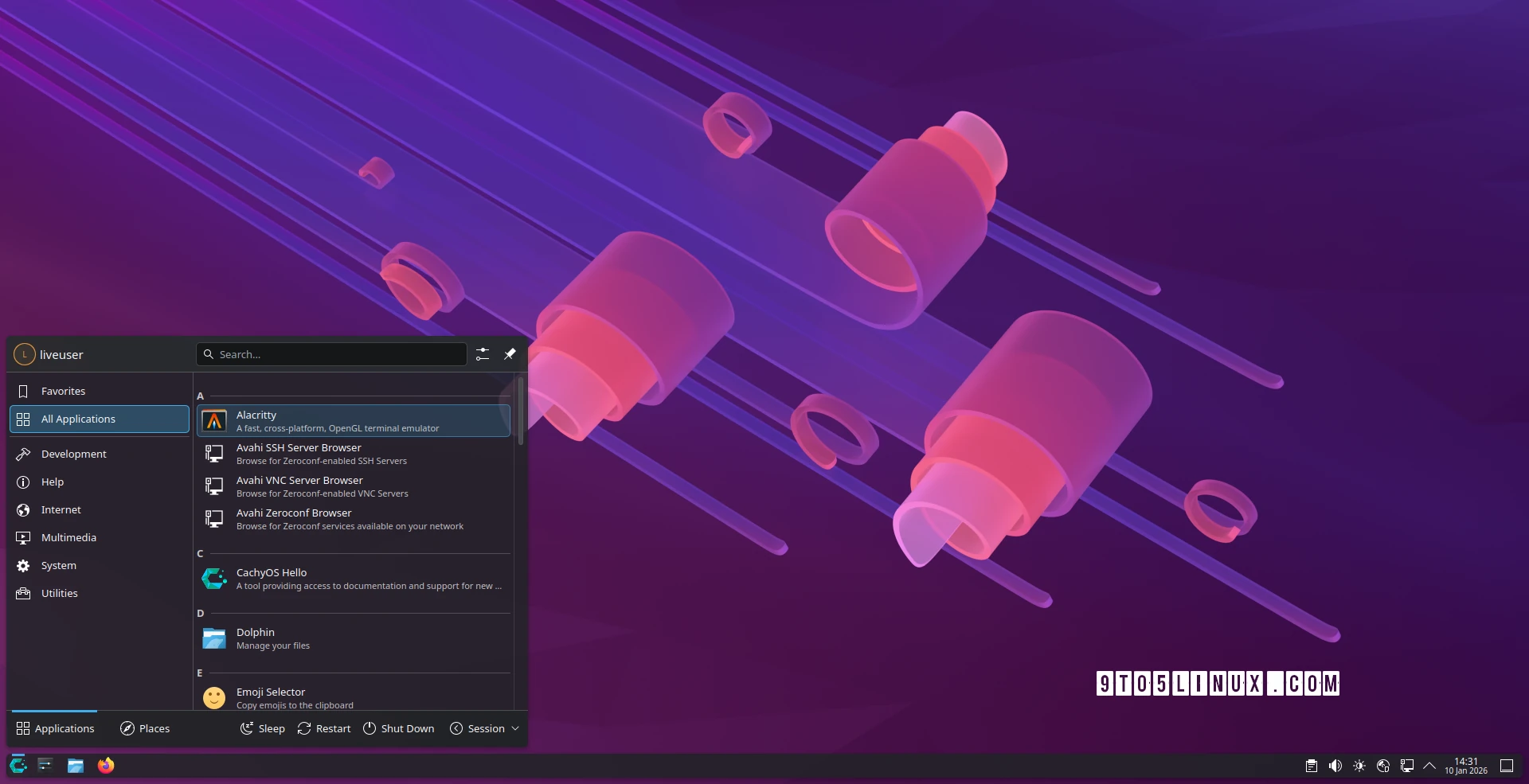
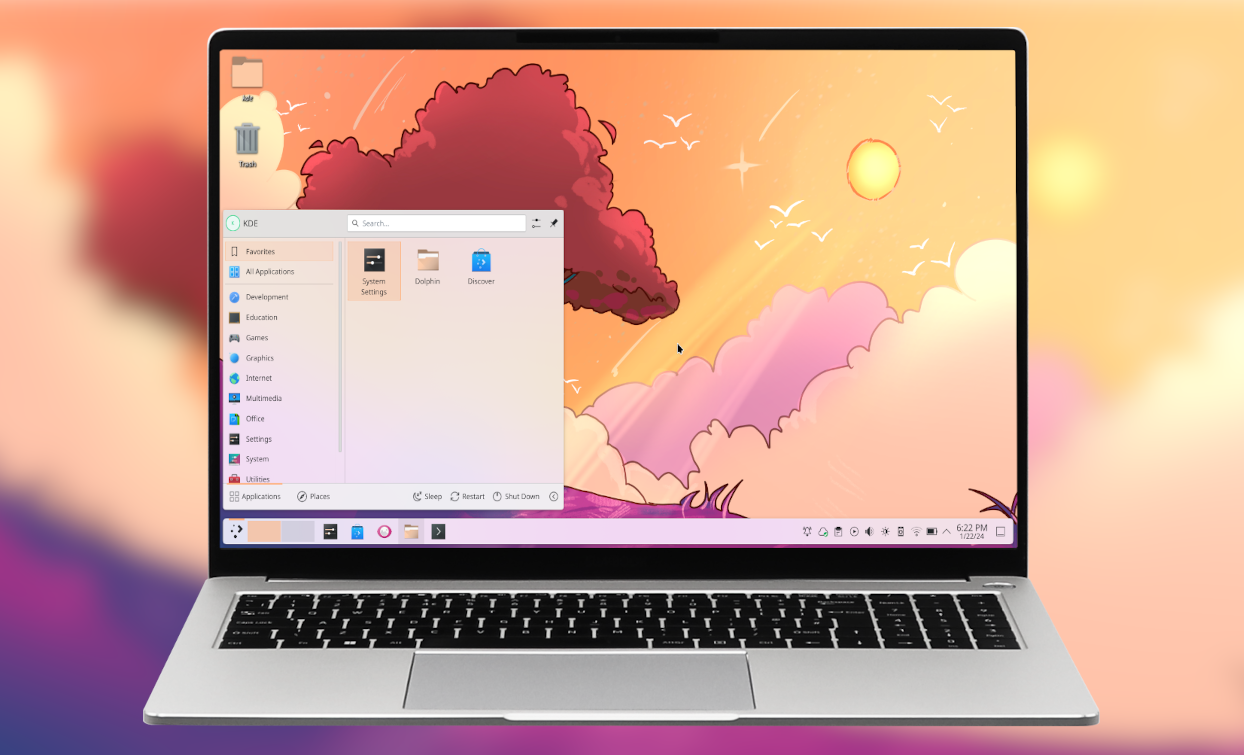


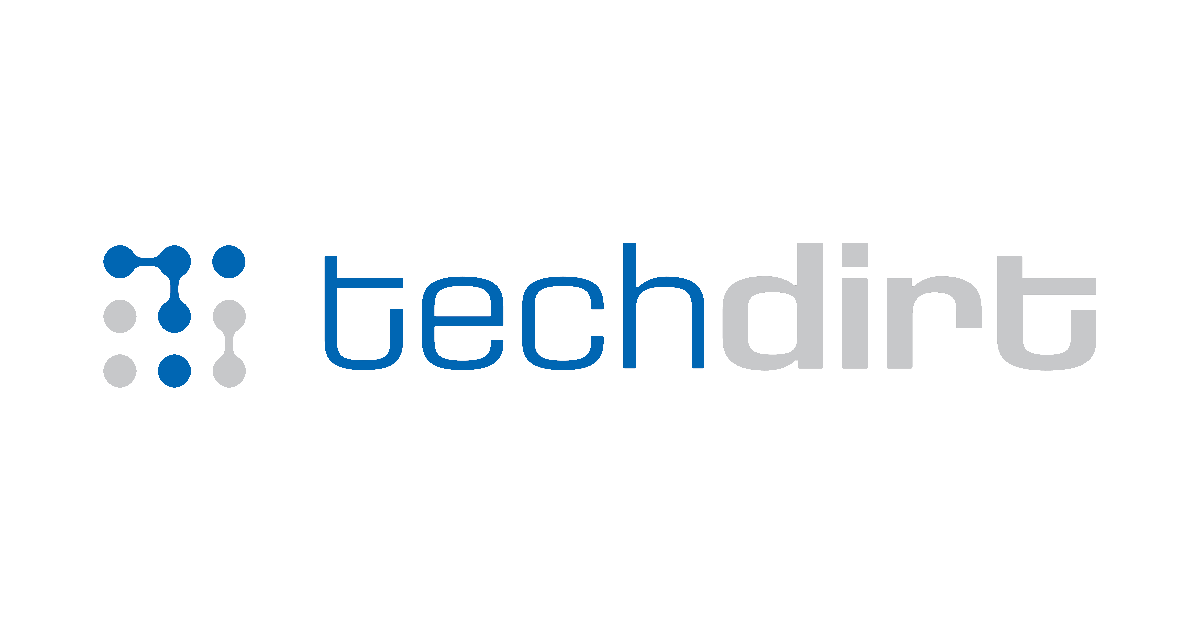

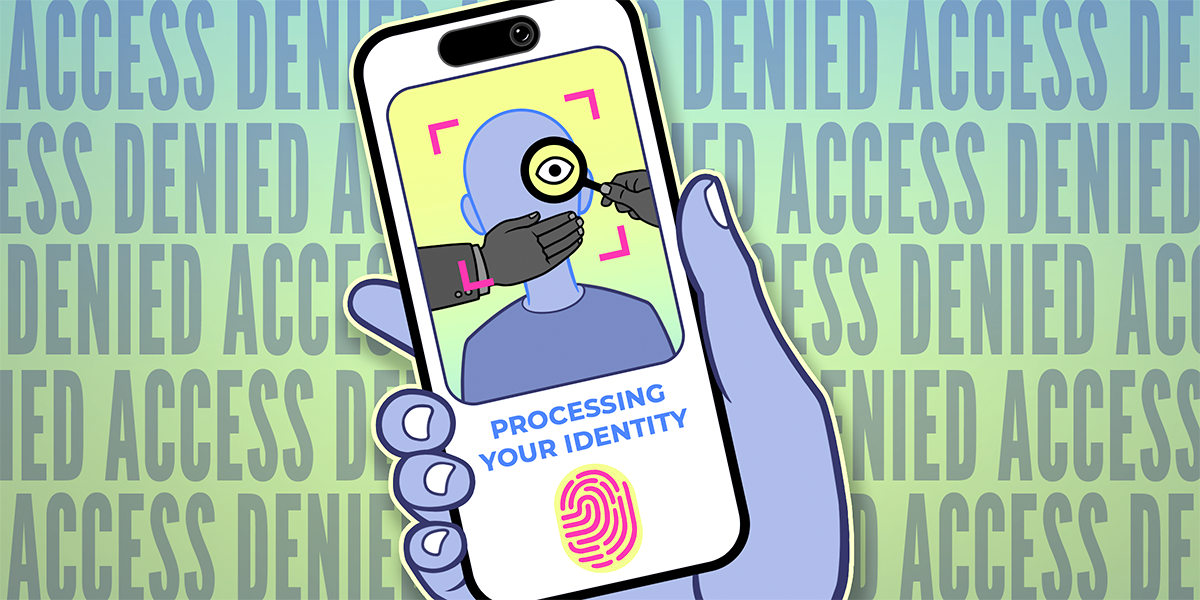


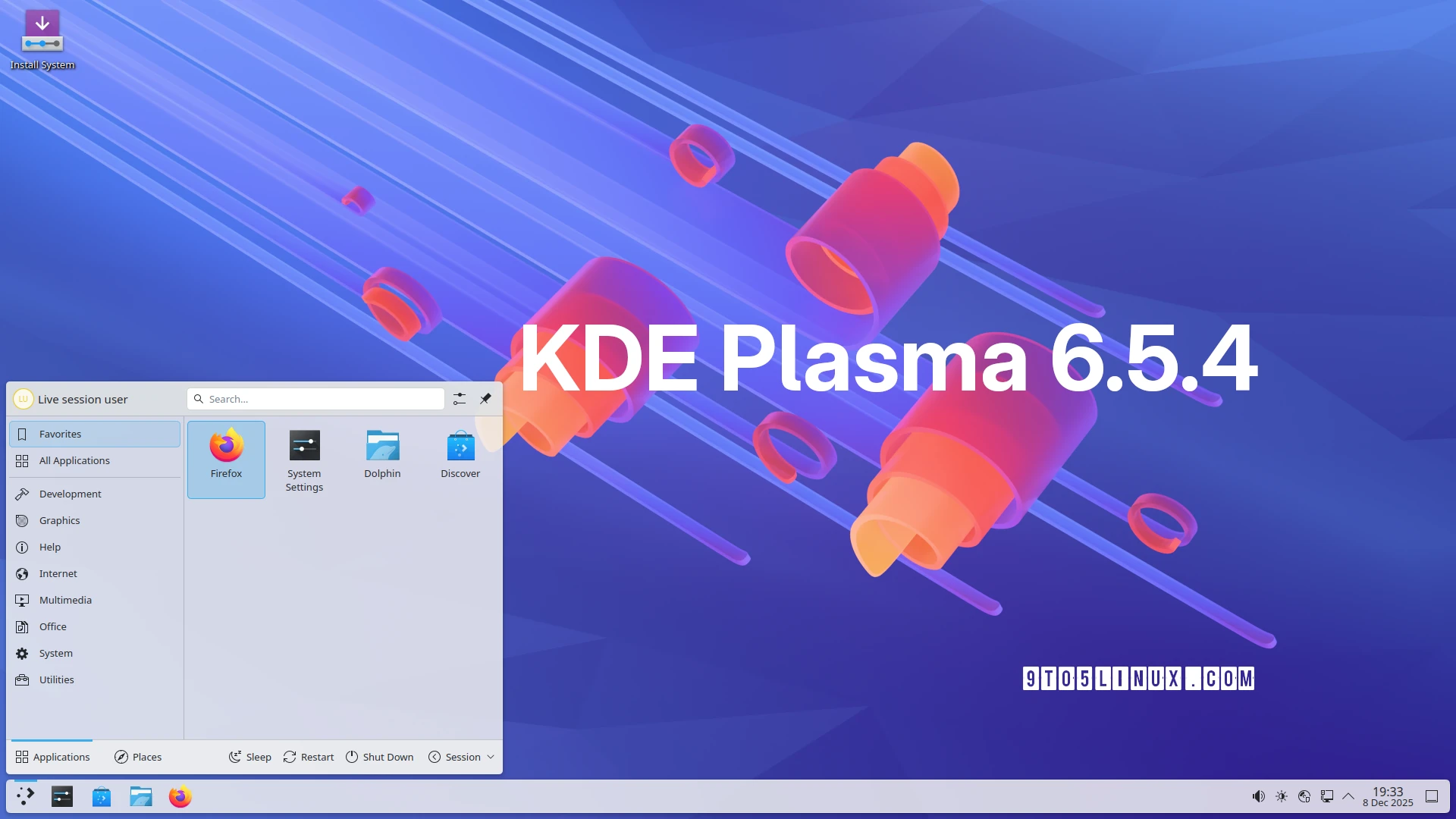


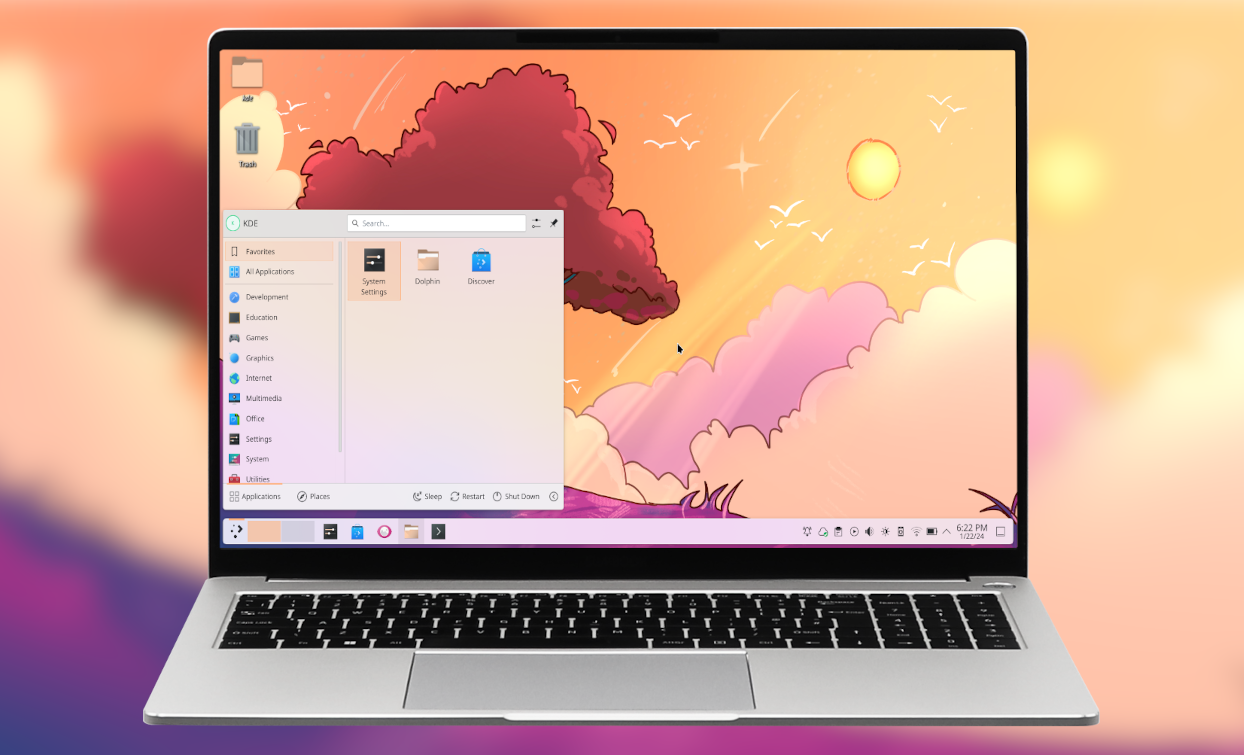


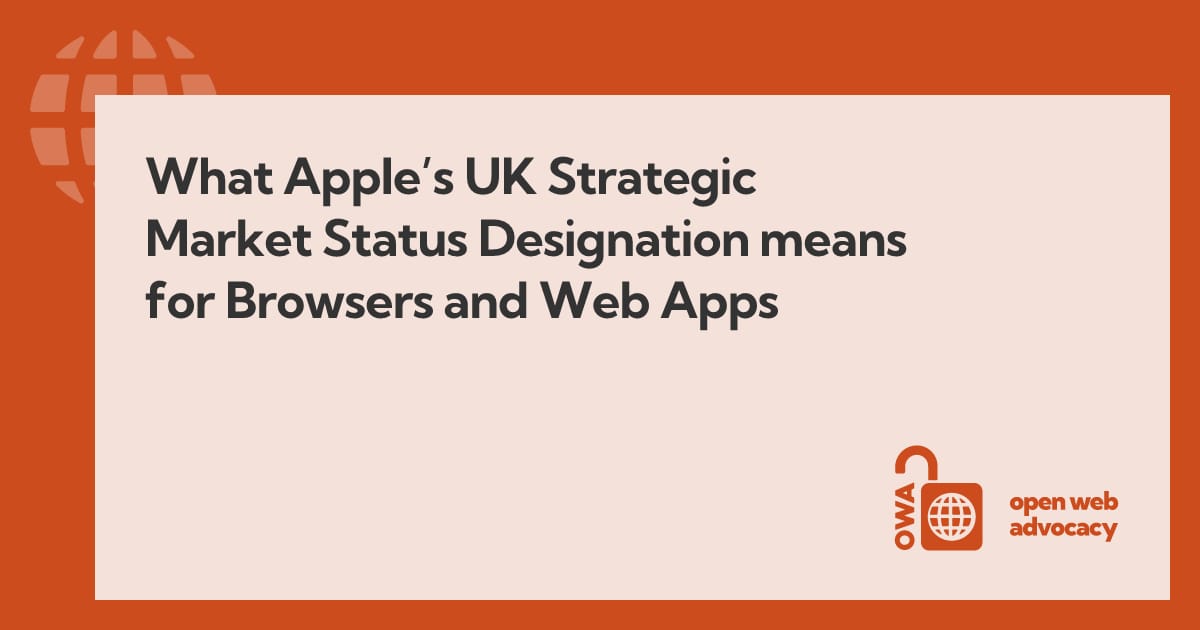

Has it ever not been?